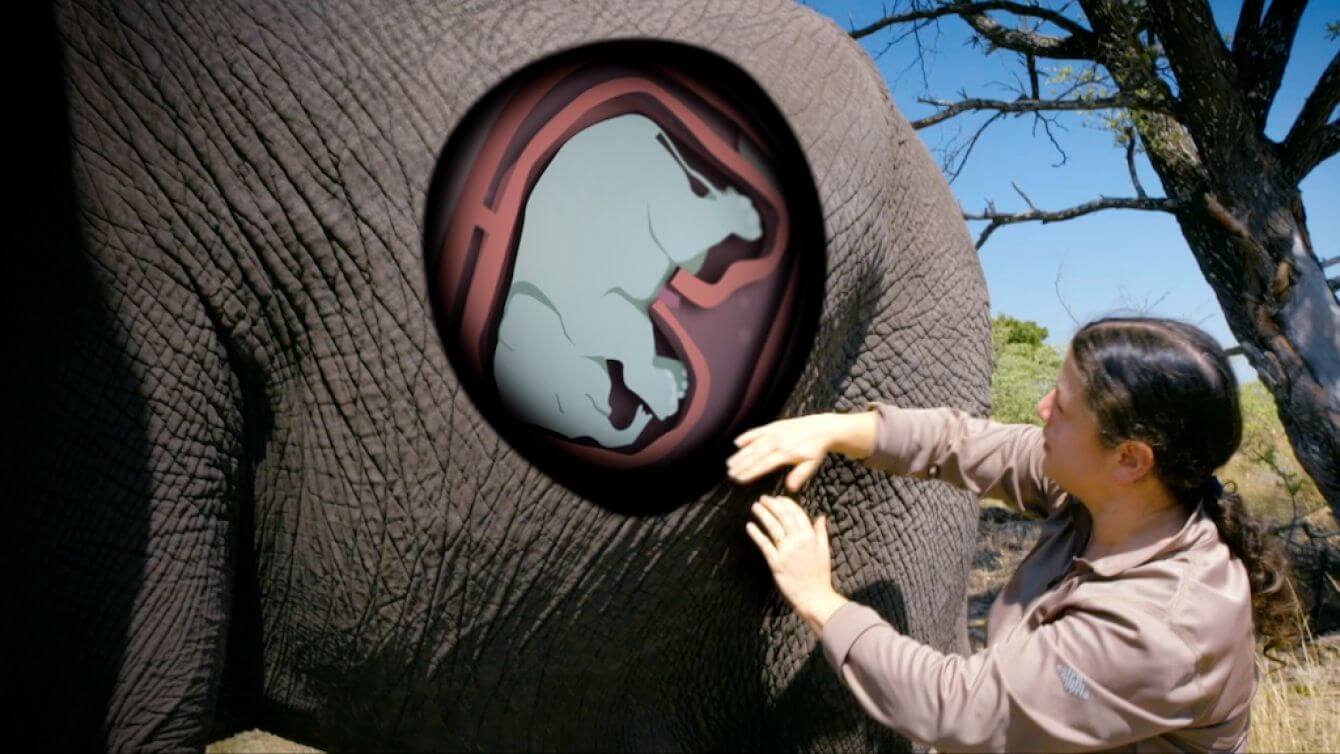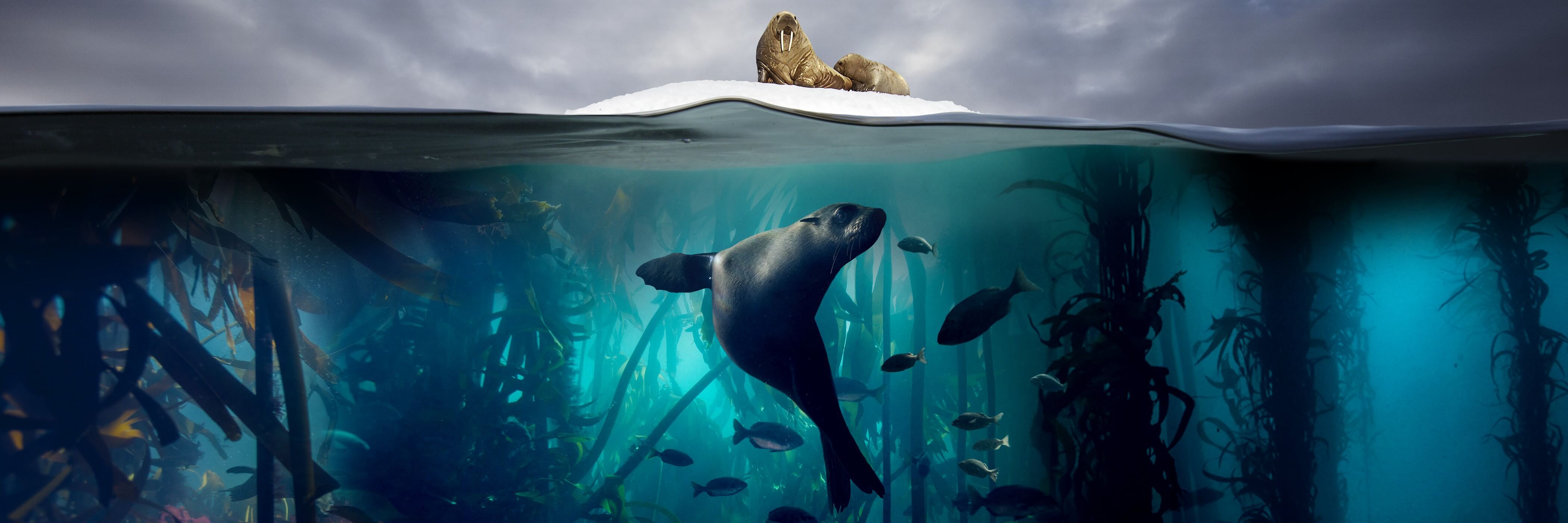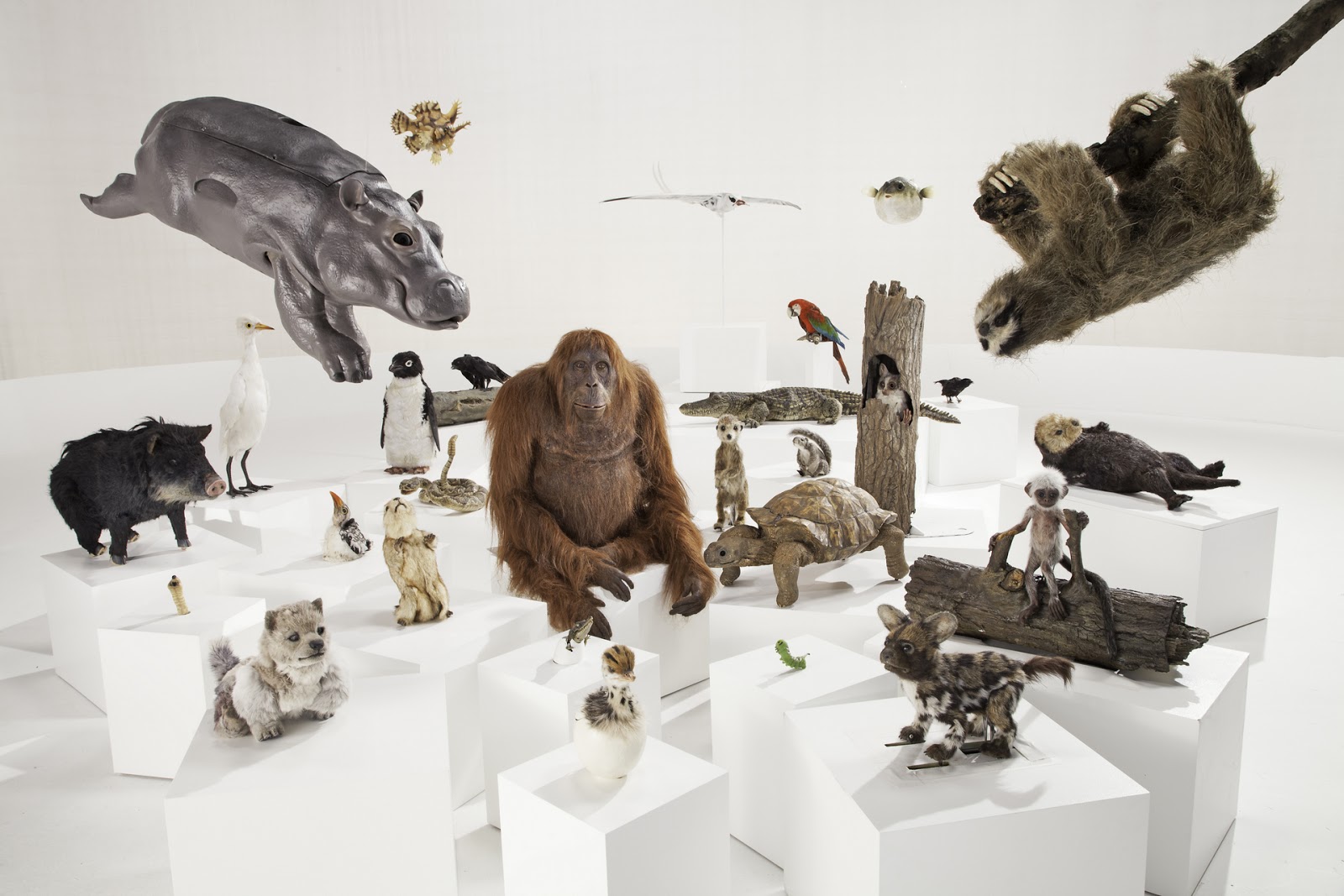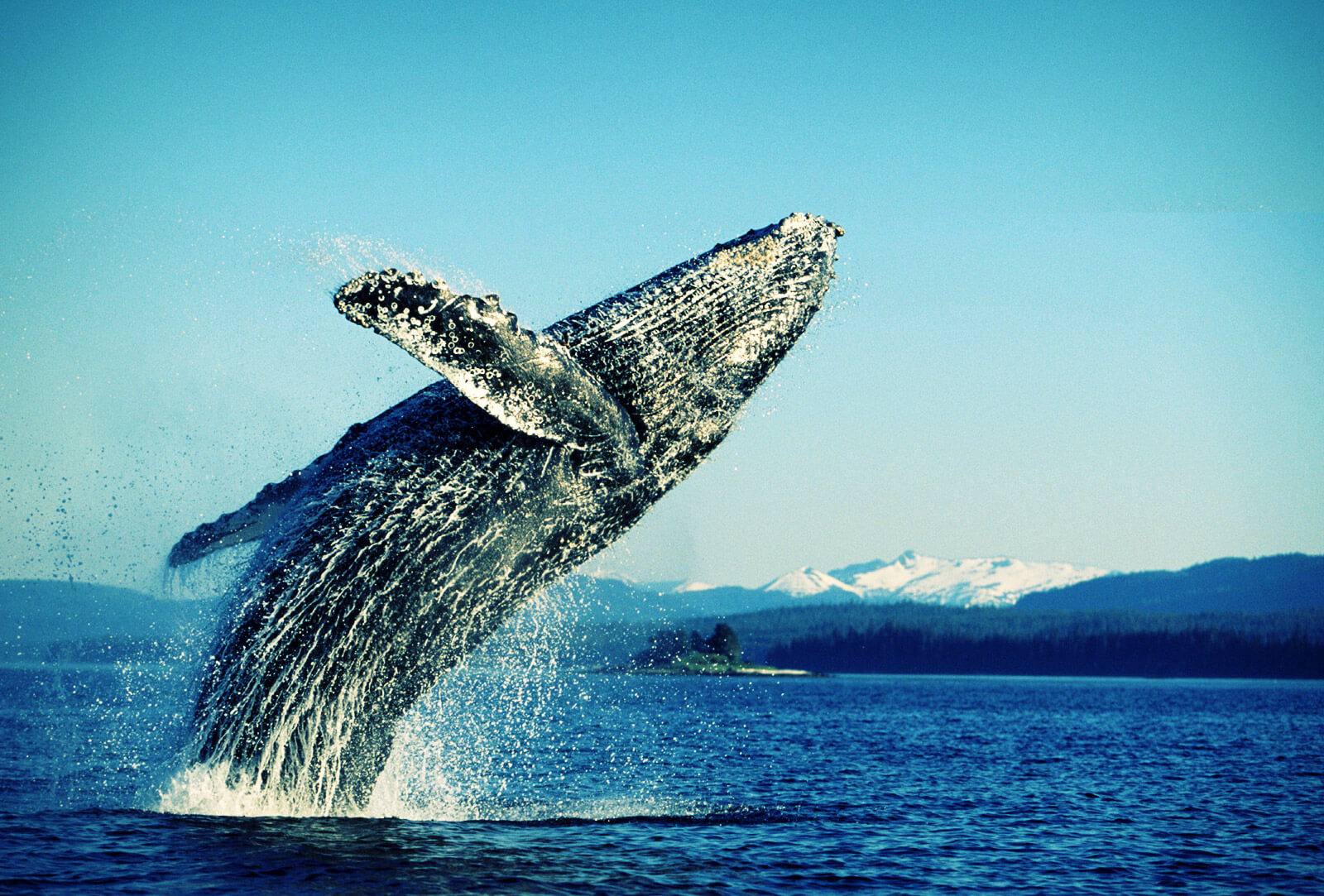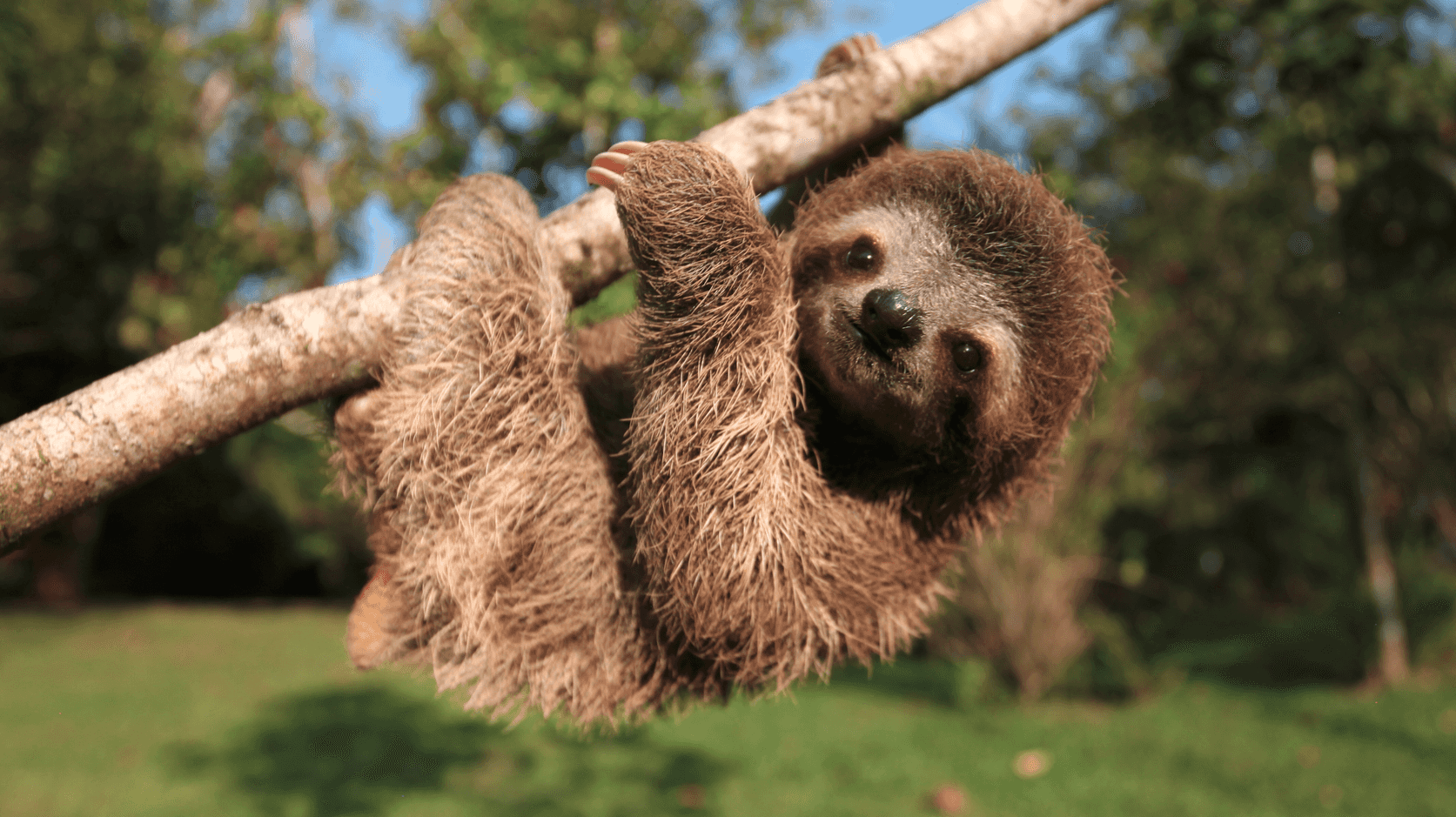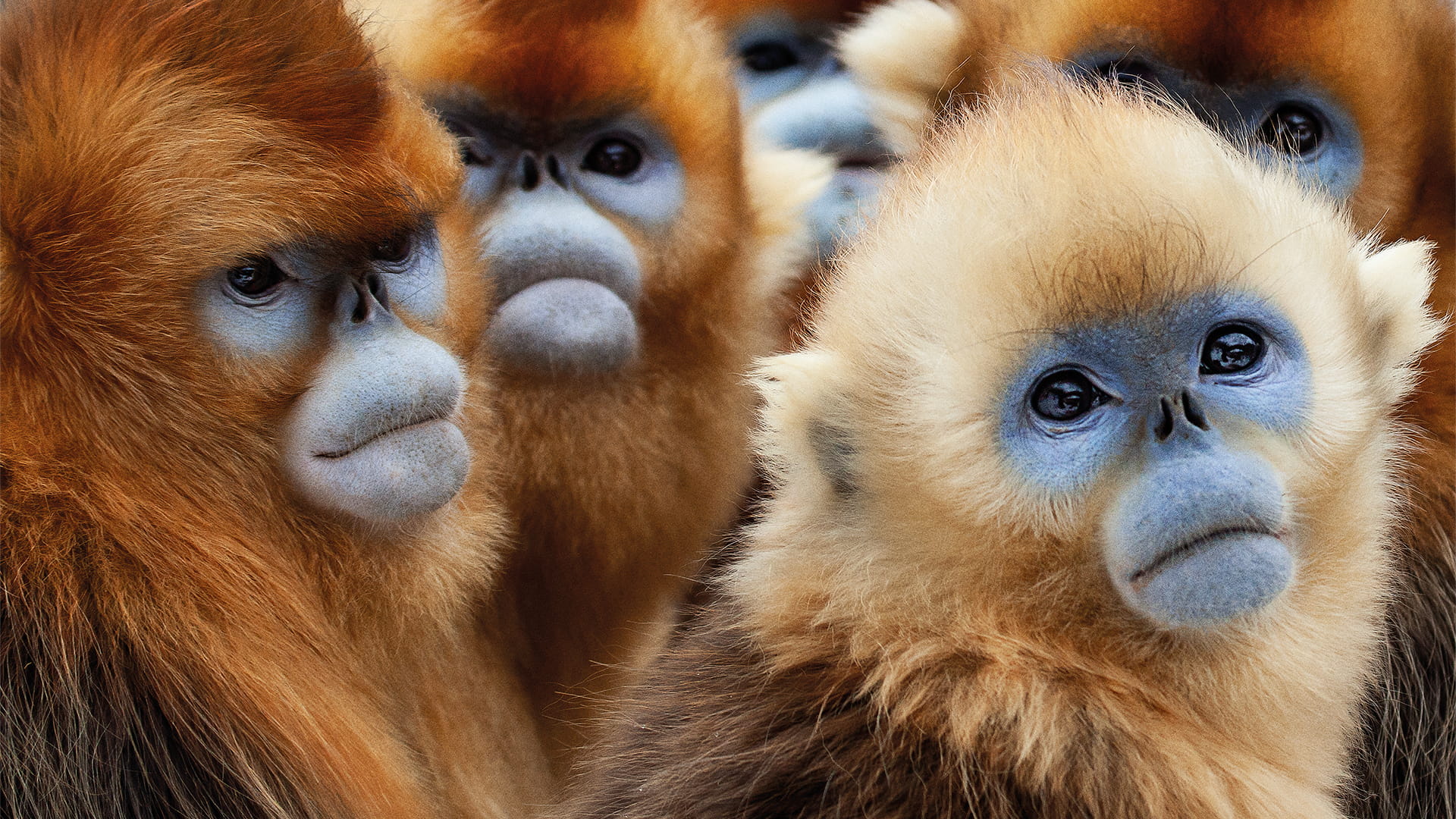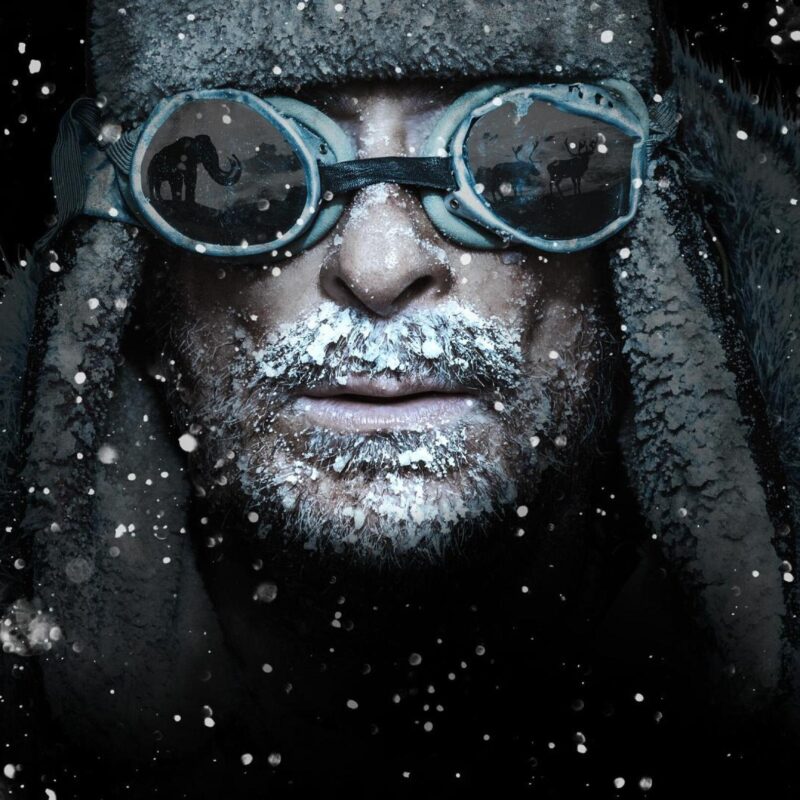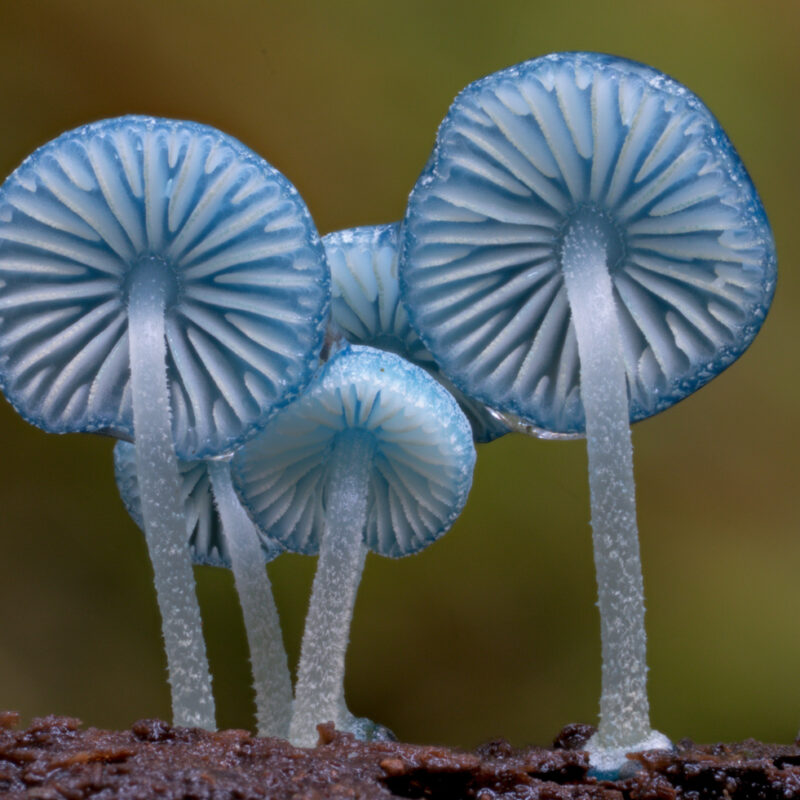description:
Veterinary surgeon Mark Evans and comparative anatomist Joy Reidenberg explore the wonderful and occasionally weird ways that animals make babies. Each episode explores how a different species reproduces in a uniquely challenging environment, revealing how they find, fight for and woo a mate; and how they have sex, give birth and raise their young in hostile habitats.
episodes:
01. Elephant
Joy and Mark visit Africa to investigate the unique reproduction challenges of the largest animal on land: the elephant. Being so big is an advantage in the predator-ridden savannah, but size can be an obstacle to mating and giving birth. Elephants invest a great deal of time and energy in each individual new-born, and raise their young in a protective family herd led by a matriarch. In South Africa Mark investigates how males find females in vast home ranges and finds out how six-tonne bull elephants manage to mate. In the Okavango Delta in Botswana, Joy examines the remarkable anatomy of a group of semi-wild elephants and sets up night-vision cameras to get a rare look at the birth of a baby elephant. The programme explores how females select the strongest mates, why elephants have the longest pregnancy of any mammal, how they safely deliver a 100kg baby and how quickly a new-born calf takes its first wobbly steps.
02. Kangaroo
Joy and Mark visit Australia to uncover the reproductive secrets of some of the strangest mammals on Earth: the pouch-wearing marsupials. The kangaroo thrives in one of the driest environments on Earth, the Australian Outback, thanks to its extreme baby-making survival strategy. At a remote research station, Mark uses night-imaging cameras to uncover how wild male kangaroos track down fertile females, and in Queensland’s eucalypt forests he explores how tree-dwelling marsupials – koalas – have mastered gravity-defying sex. At a kangaroo sanctuary, Joy follows the action as kangaroos mate in front of her, uses ultrasound to monitor the progress of a kangaroo’s pregnancy, and witnesses the extraordinary sight of a new-born kangaroo feeding from its mother’s teat inside her pouch. In Adelaide, she learns how critically endangered rock wallabies are being saved using foster mothers. The programme finds out why female kangaroos have three vaginas, how male marsupials use sperm plugs to beat the competition, and how new-born babies the size of a paperclip climb heroically into their mother’s pouch.
03. Orangutan
In Borneo, Joy and Mark explore the reproduction challenges of one of our closest cousins, the orang-utan. The largest tree-dwellers on the planet, orang-utans mate, give birth and raise their young high in the jungle canopy. At an orang-utan sanctuary deep in the rainforest Mark and Joy come face to face with a dominant male and uncover the latest scientific theories on how these orang-utan kings exert their power over other males and seduce females in their territory. The programme witnesses the birth of an orang-utan and reveals what it takes to raise an orang-utan baby. Orang-utans devote around seven years to raising a single new-born before having another baby: the longest duration between births of any animal. This investment of time and energy in raising each child is key to the success of orang-utans and all the other great apes, including humans.
04. Dolphin
Joy and Mark investigate the reproductive secrets of marine mammals. How do animals that breathe air manage to mate, give birth and raise their young underwater? Joy travels to New Zealand to uncover the mating strategy of dusky dolphins. These acrobats of the sea form mating groups that leap from the water in perfect unison. Males pursue females in a dramatic high-speed chase then, swimming upside down, rapidly mate with the female, with copulation lasting just two seconds! Joy reveals the incredible adaptations marine mammals have evolved to mate in the ocean, from the extraordinary looping penis of the dolphin to the even weirder folded vagina of the harbour porpoise in San Francisco. She also explores the difficulties of breastfeeding underwater. Meanwhile, Mark travels to Mexico to find out why whales travel 12,000 miles to mate and how whale young avoid the most ruthless predators in the ocean – killer whales. The programme witnesses a remarkable dolphin birth and finds out why dolphins are born tail-first.

